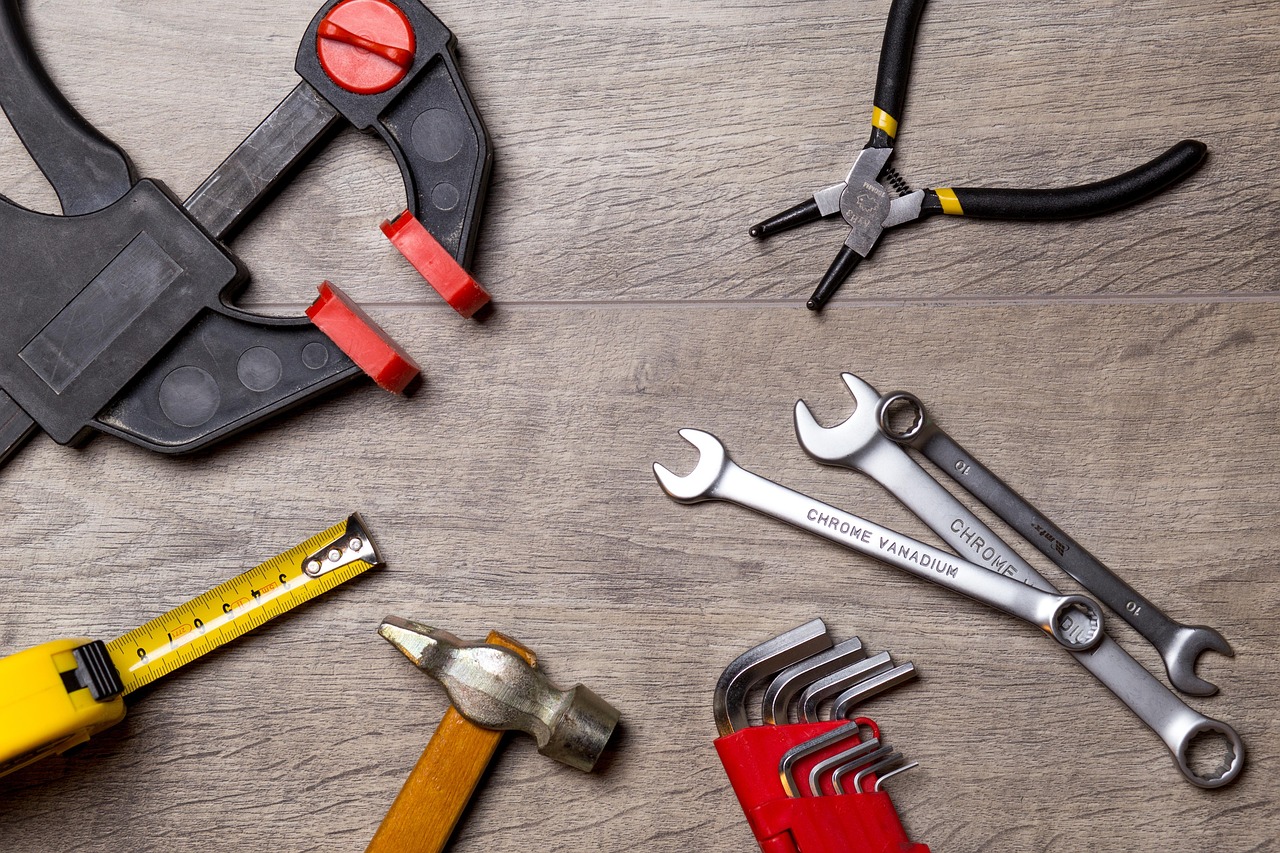
When faced with a malfunctioning appliance, homeowners often grapple with the decision of whether to repair or replace the unit. This choice can significantly impact both finances and convenience, making it essential to understand the factors at play. From the cost-effectiveness of repairs to the potential long-term savings of energy-efficient replacements, various elements must be weighed. Furthermore, considerations such as age, condition, and features also play a crucial role in this decision-making process, leading many to question what truly offers the best value for their investment.

When your trusty appliance starts showing signs of wear and tear, it leaves you with a perplexing dilemma: should you repair it or bite the bullet and replace it? Both paths can lead to numerous benefits, but understanding which route will deliver the best bang for your buck requires a closer look at several key factors. Let’s break down the most significant aspects to consider when you’re faced with this common household conundrum.
Assess the Condition of Your Appliance
The first step in deciding whether to repair or replace is to evaluate the overall condition of your appliance. Ask yourself:
- How old is the appliance?
- What are the specific issues it’s facing?
- Have there been several repairs in recent months?
Age and Lifespan
Understanding the lifespan of your appliance is crucial. For instance, while a refrigerator can last between 10 and 15 years, a washing machine typically has a lifespan of 10 years. If the appliance is nearing the end of its lifespan, it may be more sensible to replace it rather than continue investing in repairs.
Frequent Breakdown Patterns
If your appliance requires constant repairs, it may be a sign of deeper issues, and this can become a financial burden. Regular breakdowns not only disrupt your daily life but can also lead to mounting repair bills. In such cases, replacing the appliance could save you considerable hassle and money in the long run.
Weighing Repair Costs vs. Replacement Costs
The cost of repair is another major factor to consider when facing this decision. Obtaining quotes from repair technicians can provide clarity on whether a repair is worthwhile or a waste of resources.
Cost-Effective Repairs
In many instances, minor repairs can breathe new life into your appliance. If the total cost of repairs remains significantly lower than the price of a new model, repairing might be your best bet. Not to mention, successfully mending your appliance gives it a new lease on life, allowing you to maximize your investment.
Replacement Expenses
However, replacing an appliance demands a keen assessment of not just the sticker price, but also the potential for energy savings. Modern appliances use advanced technologies to minimize energy consumption, which translates into lower utility bills over time. This shift can ultimately make the higher upfront investment worthwhile.
The Environmental Impact of Your Decision
In a world increasingly focused on sustainability, reducing waste is an essential consideration. Every time an appliance is replaced, it contributes to landfill overflow and the resources involved in manufacturing new models.
Repairing: A Greener Choice
Repairing appliances prolongs their life cycle and reduces waste, allowing you to utilize the materials already consumed. This not only extends your appliance’s usefulness but also aligns with eco-friendly values.
Replacing: Energy Efficiency Benefits
On the flip side, new appliances tend to offer improved energy efficiency. Transitioning to an energy-efficient appliance can significantly reduce your carbon footprint, making replacing worthwhile for those passionate about the environment.
Assessing Features and Updates
Lastly, inspectors of your appliance can help determine whether outdated features have become a hindrance to your daily routine.
Staying Current with Technology
If your appliance lacks modern attributes such as smart technology and enhanced performance features, opting to replace it can dramatically enhance your overall experience. New models often come equipped with innovations designed to improve efficiency, convenience, and overall utility.
Convenience Factor
Also, consider how much time and effort you want to invest in repairs. Scheduling appointments, waiting for parts, and the inconvenience of being without the appliance can become very tiresome. Replacing the appliance may offer the convenience of acquiring a reliable item without the risk of future disruptions.
Making the Smart Decision
In summary, the choice between repairing or replacing an appliance hinges on a thorough analysis of age, condition, repair costs, energy efficiency, features, and the environmental footprint of each option. It’s essential to have a holistic outlook and think about not only your immediate needs but also your long-term satisfaction and financial implications.
Before making a final decision, consider seeking advice from reputable appliance service providers. You can explore resources like J.C. Appliances Of Miami who can guide you through the process and help you make an informed choice.
